From the start of his 2016 campaign, former President Donald Trump used racist dog whistles and stoked irrational fears of immigrants that would garner him enough support to win the Republican nomination, and eventually the White House.
But throughout his campaign, political pundits and even prominent Democratic politicians insisted that Trump's supporters were drawn to him primarily because of their "economic anxiety," rather than motivated by the divisive, reckless rhetoric he broadcast, usually at the expense of immigrants, Muslims, and other marginalized Americans.
Attempts to highlight those drawn to Trump's hateful rhetoric often backfired.
Democratic nominee and former Secretary of State Hillary Clinton said on the 2016 campaign trail:
"You know, to just be grossly generalistic, you could put half of Trump's supporters into what I call the basket of deplorables. Right? The racist, sexist, homophobic, xenophobic, Islamophobic—you name it. And unfortunately there are people like that. And he has lifted them up."
This statement of fact was constantly used by Trump's campaign to smear Clinton, and her strategists expressed concerns that the comments alienated voters.
Despite his violent rhetoric, Trump was be elected to the White House. Hate crimes rose nearly 20 percent during the Trump era. One of his supporters mailed pipe bombs to Trump's perceived political enemies. Mass shooters across the globe echoed his rhetoric in their manifestos.
And on January 6 of this year, prompted by his lies about the 2020 election, a mob of pro-Trump extremists stormed the United States Capitol, where they brandished confederate flags, smeared excrement across the walls, hurled racial slurs against Black Capitol Police officers, and contributed to the deaths of at least five people.
Nevertheless, political science professor Robert Pape—who embarked on a study of the participants in the Capitol Riots—expected the rioters to largely be motivated by lingering effects of the Great Recession in 2008, according to an analysis by Alan Feuer of the New York Times.
Pape analyzed 377 people across 44 states who were arrested for their participation in the attack on the Capitol, publishing his findings in the Washington Post.
Pape wrote:
"When compared with almost 2,900 other counties in the United States, our analysis of the 250 counties where those charged or arrested live reveals that the counties that had the greatest decline in White population had an 18 percent chance of sending an insurrectionist to D.C., while the counties that saw the least decline in the White population had only a 3 percent chance. This finding holds even when controlling for population size, distance to D.C., unemployment rate and urban/rural location. It also would occur by chance less than once in 1,000 times."
He later told the times:
"You see a common pattern in the Capitol insurrectionists. They are mainly middle-class to upper-middle-class whites who are worried that, as social changes occur around them, they will see a decline in their status in the future."
It intersects with the "Great Replacement" theory—the belief that the American white population is being "replaced" by people of color due to expanded immigration and low birth rates.
The replacement theory was alluded to in 2017 by white supremacists in Charlottesville, who marched with torches chanting, "Jews will not replace us!" It was amplified by far-right news host Tucker Carlson as recently as this month.
Pape said of the replacement theory:
"Great Replacement theory has achieved iconic status with white nationalists and ... might help explain why such a high percentage of the rioters hail from counties with fast-rising, non-White populations."
Many were annoyed at the continued overemphasis on the so-called economic anxiety of Trump supporters—an emphasis that all too often obscures the potential violence of his rhetoric.
People weren't at all surprised by Pape's findings.
Hundreds of the Capitol rioters are still awaiting trial.

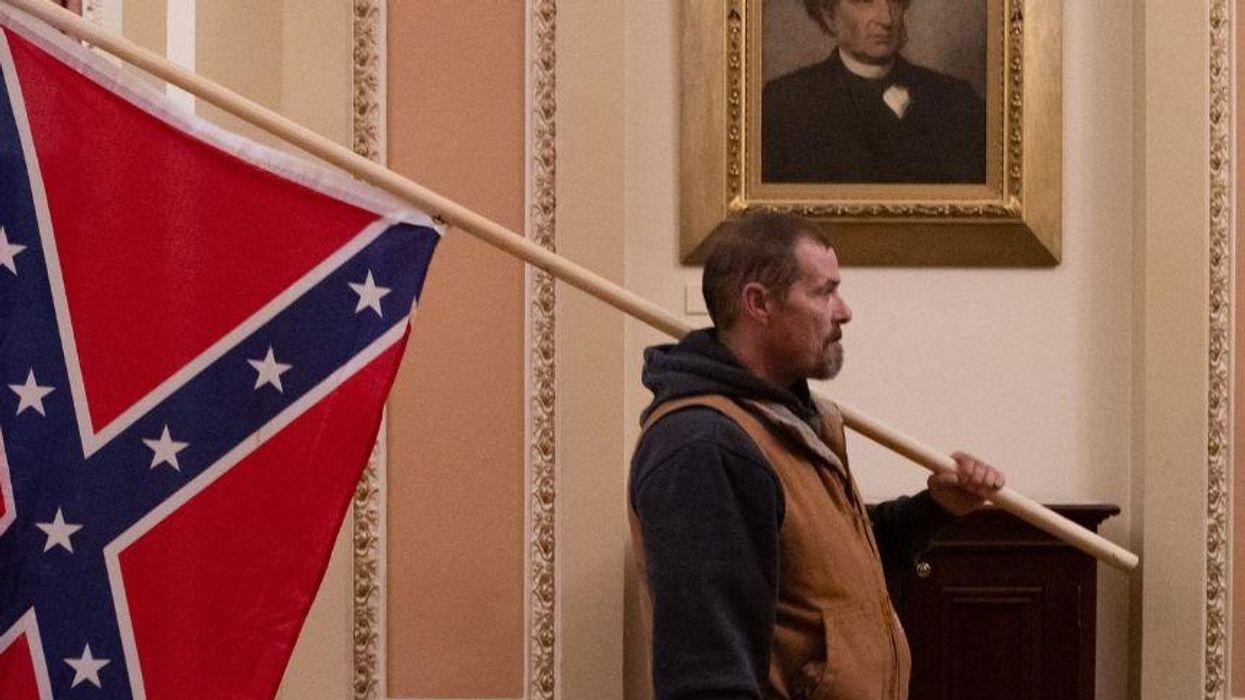





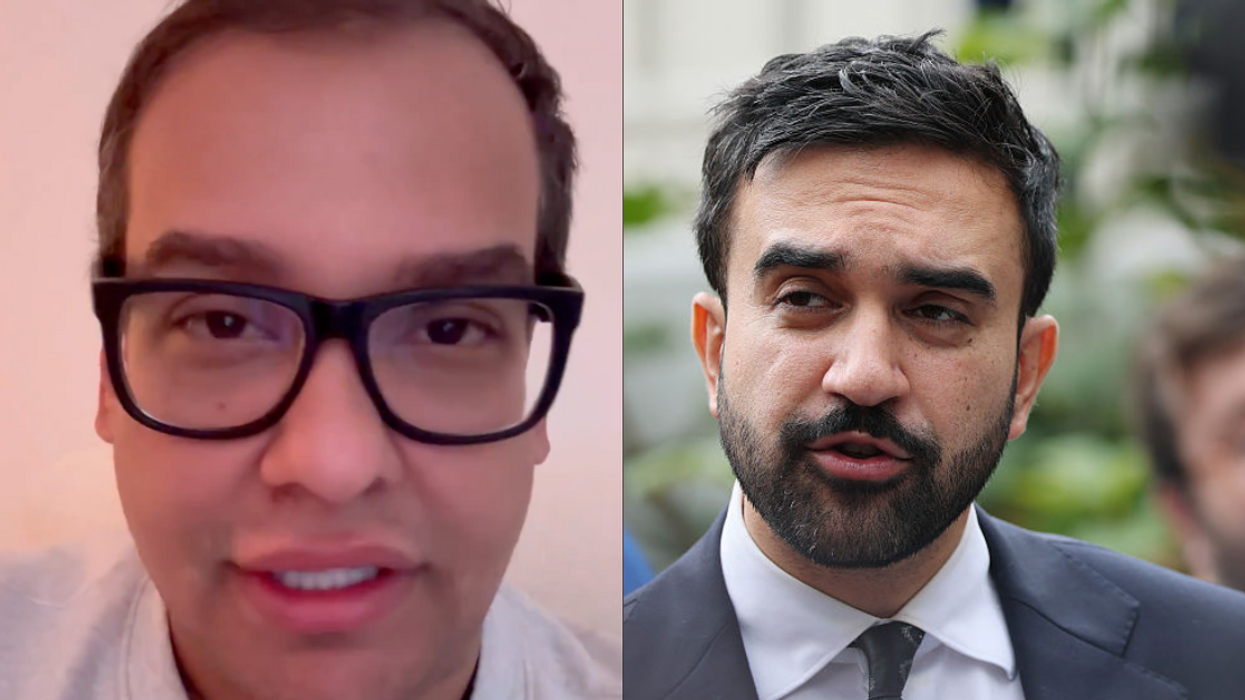


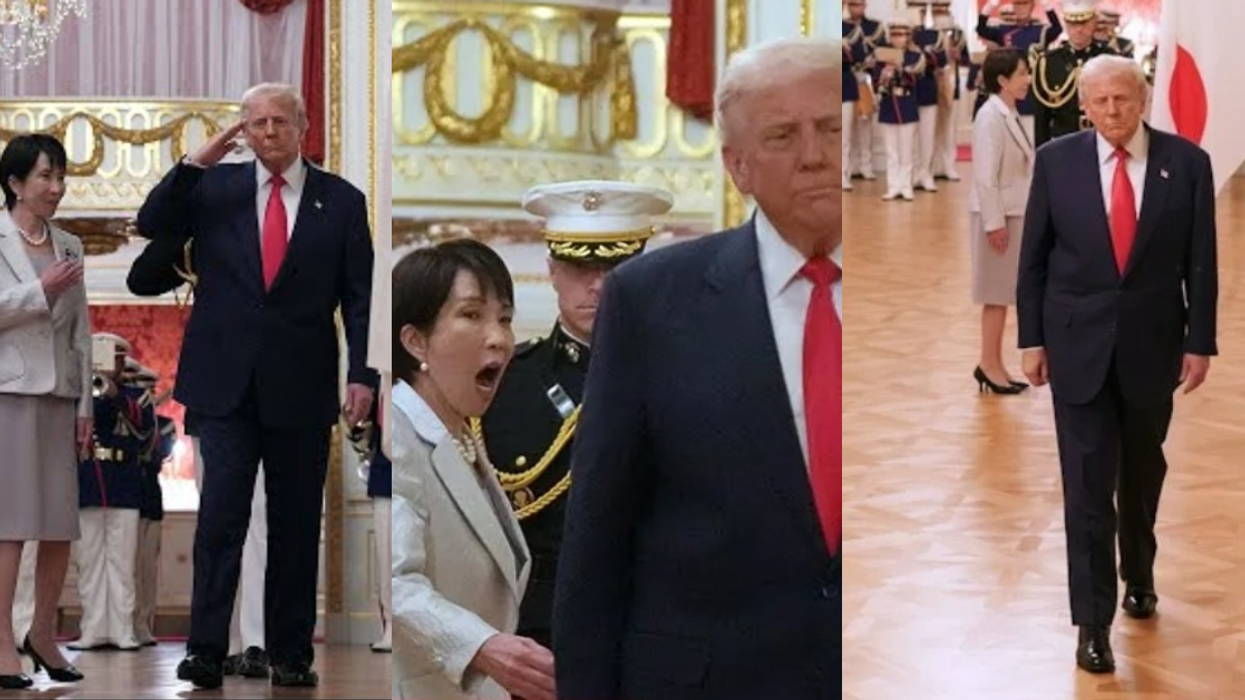
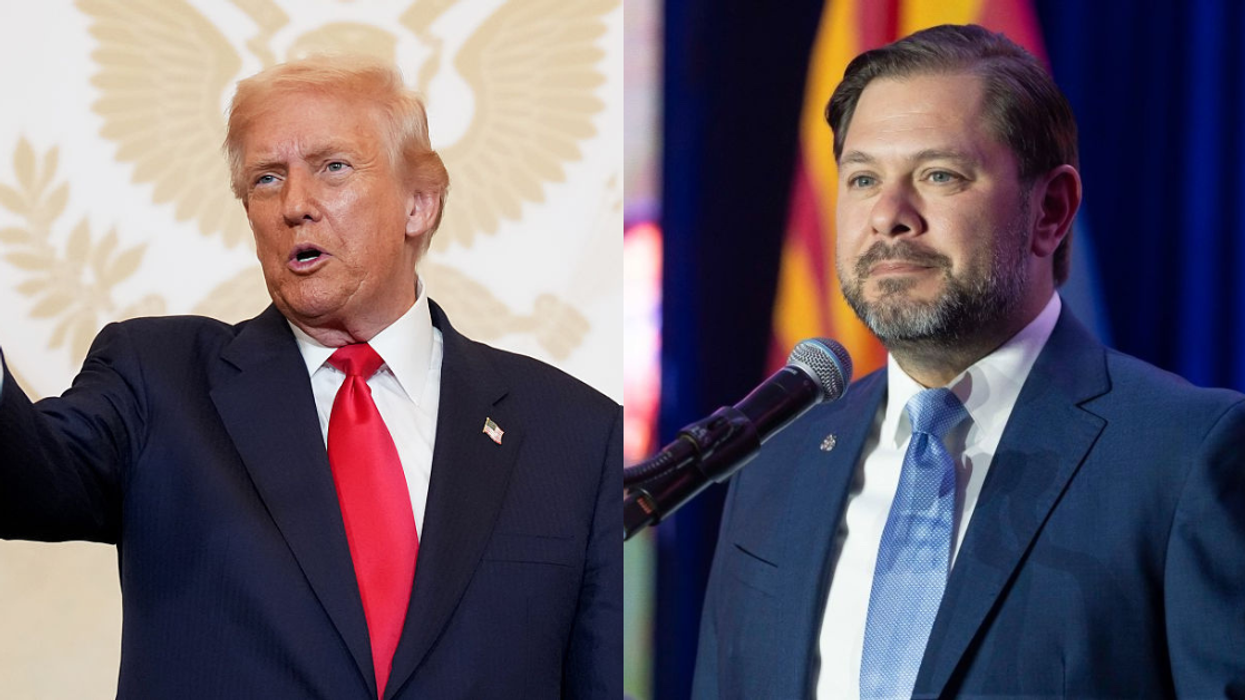

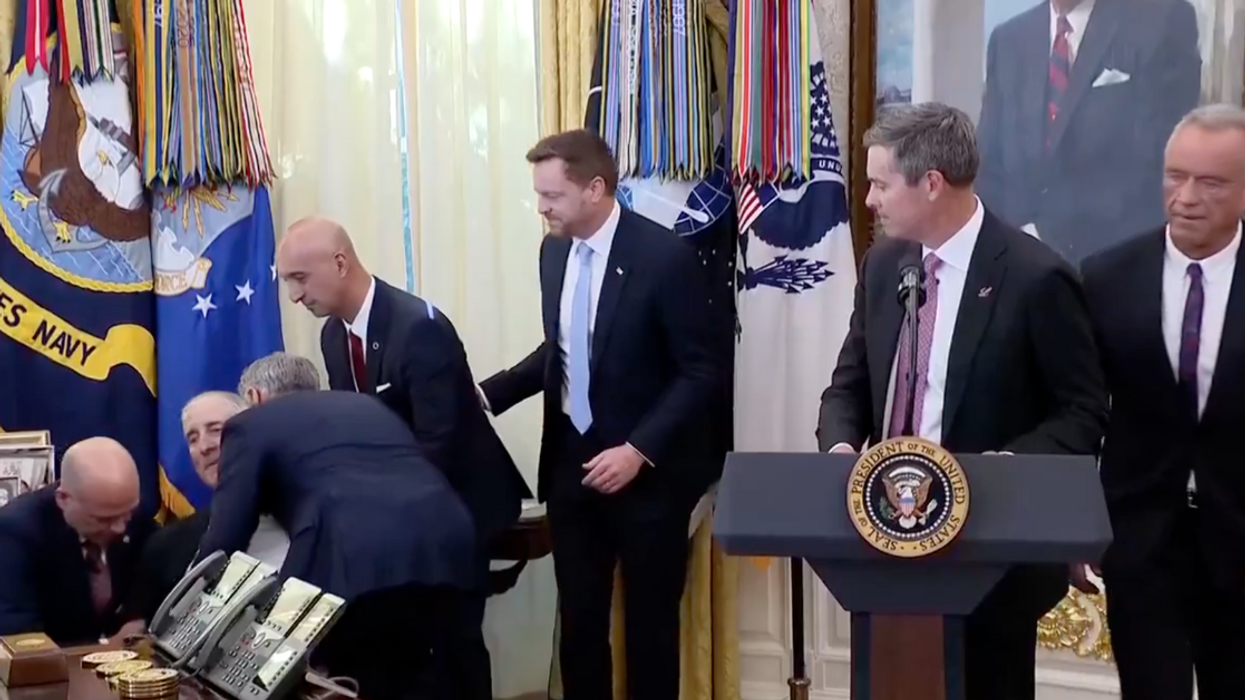


 breast cancer GIF by Baptist Health South Florida
breast cancer GIF by Baptist Health South Florida  Teddy Bear Doctor GIF
Teddy Bear Doctor GIF  feeling neck skin GIF
feeling neck skin GIF  praying GIF
praying GIF 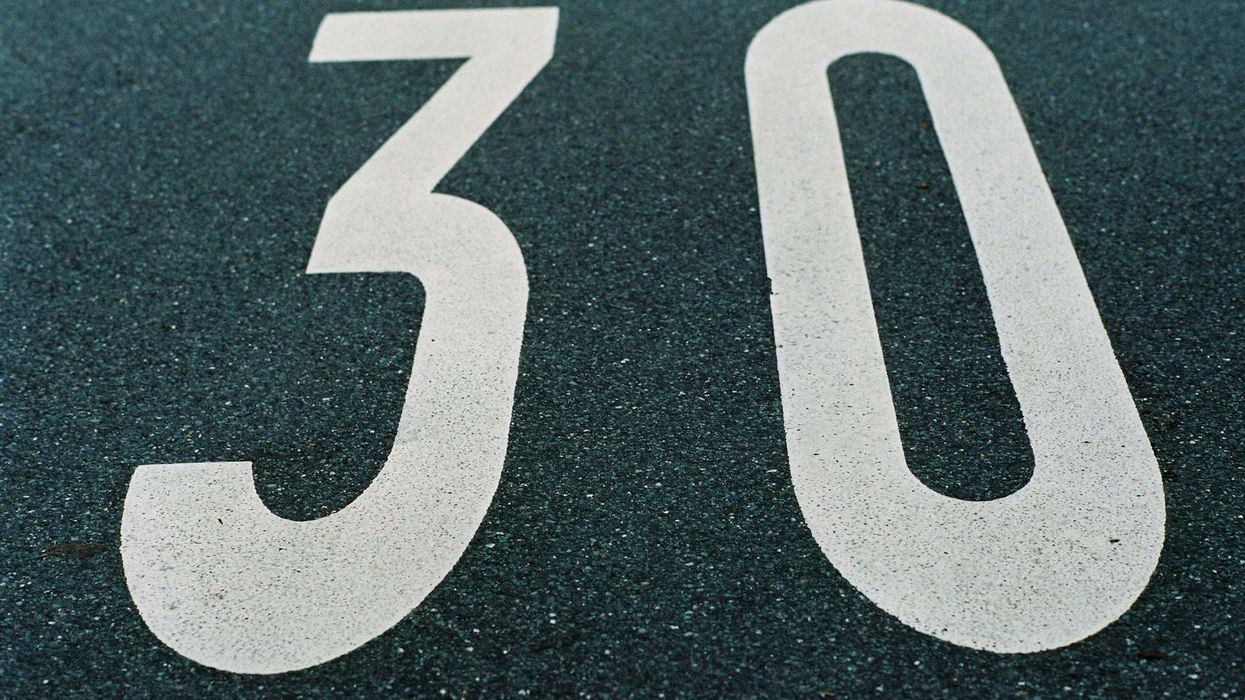
 Snail Ugh GIF by Sticker Book iOS GIFs
Snail Ugh GIF by Sticker Book iOS GIFs  Serious
Serious  Home Alone Reaction GIF by 20th Century Fox Home Entertainment
Home Alone Reaction GIF by 20th Century Fox Home Entertainment  Cat Working GIF
Cat Working GIF